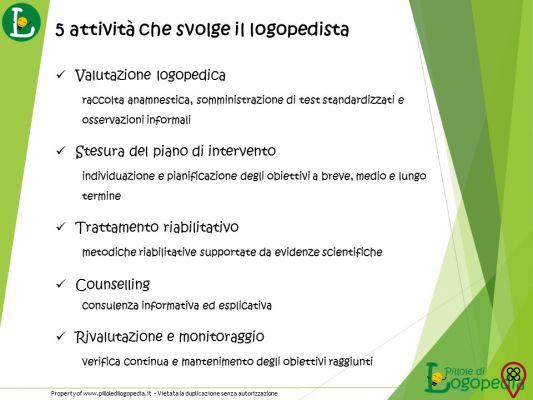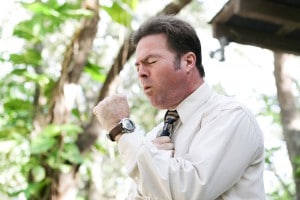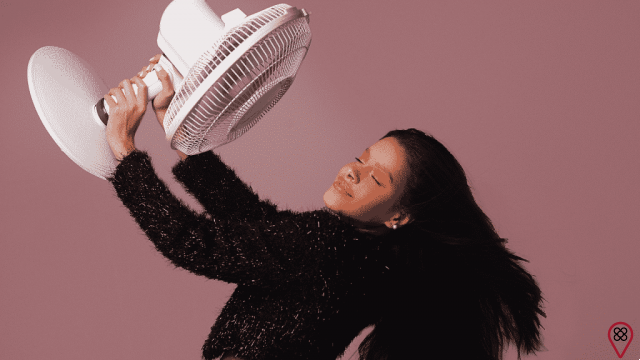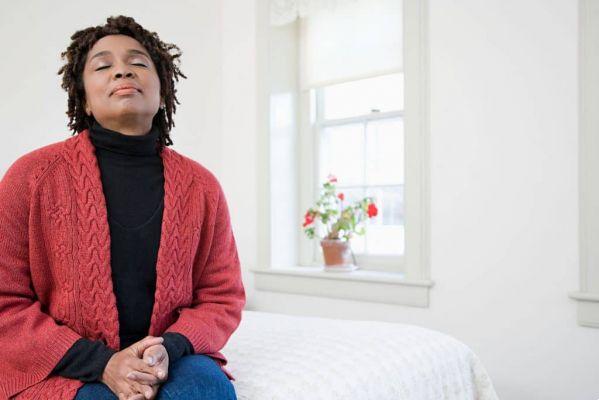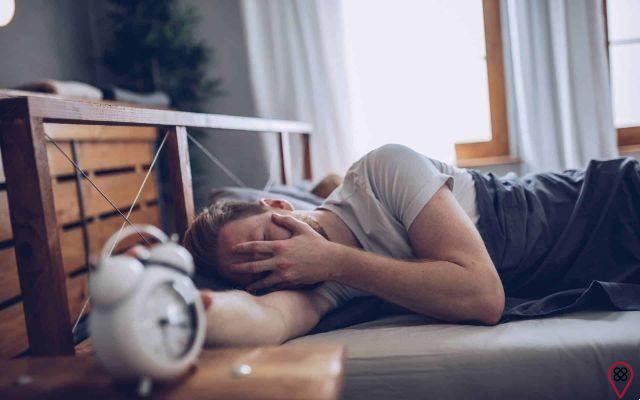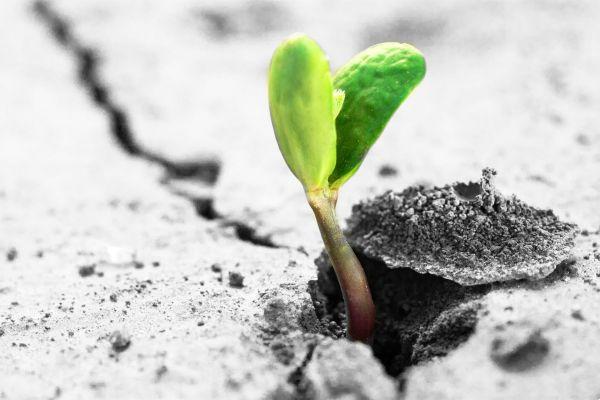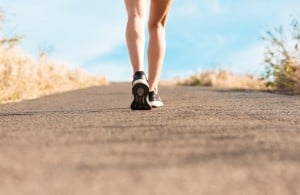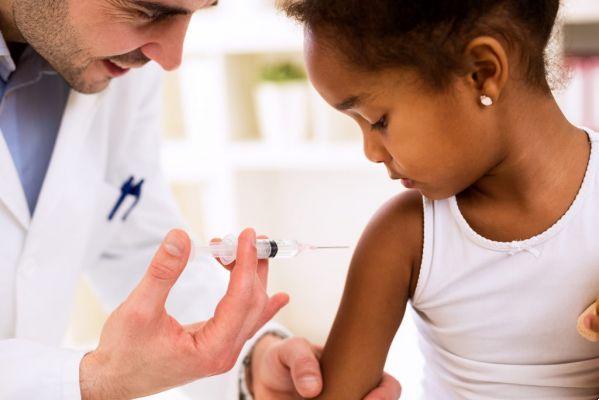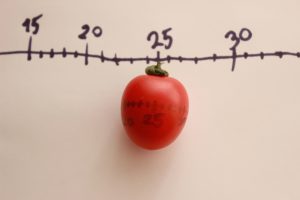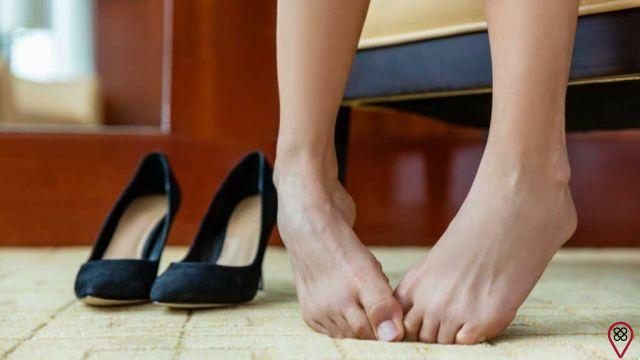Healthy aging is a subject that has been much discussed in all areas: social, physical and aesthetic. More and more people have been looking for ways to stay healthier and reach this stage with better quality of life and well-being. However, it is necessary to carefully consider the alternatives that have been publicized so as not to lose sight of the fact that it is possible to be well, but without forgetting that aging is natural. The search for good professional guidance is the most appropriate way to balance all the variables that can interfere with the way each individual will reach this stage of life.
We spoke with Marco Lopes, who is a physical educator and personal trainer, specializing in gerontology and has been developing very interesting work with people over 50 for the last 15 years. Its main intention with its programs is to promote successful aging and quality of life for this age group.
"Approximately 13% of the Spanish population is already at this stage of life. The growth is very big and people need to start paying attention to it. What is expected is that people understand that the aging process is not something that will happen in 5, 6 or 10 years, it happens gradually.
Gerontology was born out of this need and is related to any professional who wants to study the elderly in the social, physical, psychological context, etc. The Doctor. Alexandre Kalache, for example, in addition to being a doctor, is a gerontologist and has studied aging from a social and psychological point of view for a long time.”
What sparked your interest in working with this audience?
I don't really remember when it started, I've seen myself inserted in this audience since the first years of work. When I graduated in Physical Education and, six years later, did Physiotherapy, I already had the idea of working with the elderly. 20 years ago Physical Education was focused on performance. Prevention was not heard of and I wanted to work with exactly that. I thought that Physiotherapy could give me another view of this work, of how important physical activity is for aging.
What are the skills or characteristics that a professional needs to have to deal with this audience?
Thinking about the age group above 50 or 60, it is not very different from younger age groups who already take care of themselves. But when we start talking about people aged 70 and over, we need to take a little more careful view. It is necessary to see that homeostasis (organic stability), that is, the balance of the elderly is very easily broken. A sick relative, a problem with a wife, child or grandchild can throw the elderly person out of balance. If the professional is not attentive to all aspects: physical, emotional, behavioral, he will not be able to take care of this person. The professional who works with this profile has to have a more careful and comprehensive view. He has to be attentive and realize what is not being said and that can interfere with the person's health. It is always worth establishing a good channel of communication and taking an interest in the person's daily life. We can ask: How are you today? How is your son, your daughter, tell us a little bit, etc. It is necessary to understand the whole context and what it can influence in my work.
What are the main barriers present for the practice of exercises?
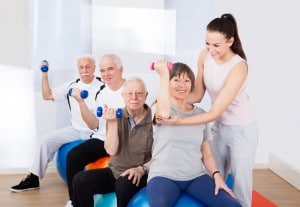 It depends a little on each person's background. For example, a person 50/60 years old, but who had a life dependent on her husband, never had a very active life, which was always more of waiting, not making decisions, she has a certain difficulty, it is a little more difficult when exercise plan. Now, the one who always worked, who always traveled, who was interested in learning, who never stopped has a more active profile, with greater chances of adopting physical exercises in her routine.
It depends a little on each person's background. For example, a person 50/60 years old, but who had a life dependent on her husband, never had a very active life, which was always more of waiting, not making decisions, she has a certain difficulty, it is a little more difficult when exercise plan. Now, the one who always worked, who always traveled, who was interested in learning, who never stopped has a more active profile, with greater chances of adopting physical exercises in her routine.
What would you say about “knowing how to age”?
Knowing how to grow old involves never losing interest and having a vision of aging as a process similar to adolescence and childhood. Aging is not the end. If the person remains interested, participatory, helping his family, society, his neighbor, this brings a different view on the aging process. She values herself. People seem to apologize for getting older. You have to think: when you reach 40/45 you've reached half of your life… What do you want to do with the other half? Keep learning, reading, dreaming, planning, keep with a goal, keep with ideas. Science has already explained that the brain continues to learn whether you are 18 or 90. It depends on each one how they will face this phase of life.
How do your programs work?
In the case of a 50-year-old person, the physical losses are still practically unnoticed. But they have already started to happen. This is the time to start working on strength, muscular and cardiorespiratory endurance. The stimulus can be applied with moderate to high intensity and progressively, with excellent response.
When a person reaches the age of 60 and has never done anything, he may experience some difficulty in performing routine activities, such as getting up from a chair, climbing the stairs, walking one block. This is the time to start working on skills she may have already lost, such as balance, power, and muscle strength. It is necessary to mix variations of balance exercises, strength, resistance, to recover possible losses.
When a person reaches the age of 70, if he has never done anything, he can perceive the effects of aging much more intensely. A little more care is needed. It is recommended to start a more careful work, taking into account your complaints. In some cases, people use medications that may or may not affect physical performance.
There is no age to feel the positive effects of physical exercise. And if the person has never done anything, the chance for him to improve is much greater than a person who trains all the time, who needs stronger stimuli.
And what are the benefits of exercising accompanied from the age of 50?
In the aging process, the person begins to have loss of muscle mass, loss of cardiorespiratory capacity, with accumulation of adipose tissue, increased incidence of diabetes, arterial hypertension and osteoporosis. Exercises act globally, delaying and reducing the effects of chronic diseases.
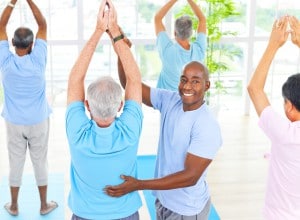 And the benefits can be perceived after how long after the start of activities?
And the benefits can be perceived after how long after the start of activities?
After a few weeks, the person starts to notice an improvement in their general condition. Feels more willing, active, with improvements in pain symptoms. This improvement is perceived in their daily lives, such as going to the mall. The person or the family can already notice some differences such as width and height of the step or not having to sit down so many times to be able to rest.
And on the emotional side?
When the person has a certain physical difficulty and that starts to limit things that were not limited before, the tendency is that the person starts to limit himself even more. That wasn't what the person wanted, so they start to feel the weight of aging, which can bring a depressive state. When she starts to improve and she realizes that she can continue to be independent, she feels better psychologically. Can you imagine not going to some places with the family because you know it will get in the way? Getting better physically, improves the emotional.
What advice would you give to people approaching or reaching 45/50?
I would say that no one is going to take you off the couch, no one is going to take your hand, it all depends on you. It is you who will have to take the attitude of starting to do something. When a person starts a physical exercise program in this age group, the chances of compressing the effects of aging towards the end of life expectancy increase. In this way, you gain more years of life with more quality. The World Health Organization advises 150 minutes of walking a week, which equates to just over 20 minutes a day. This alone can reduce the risk of cardiovascular disease by up to 50%. There are no more excuses, it's just up to you to age healthy!



